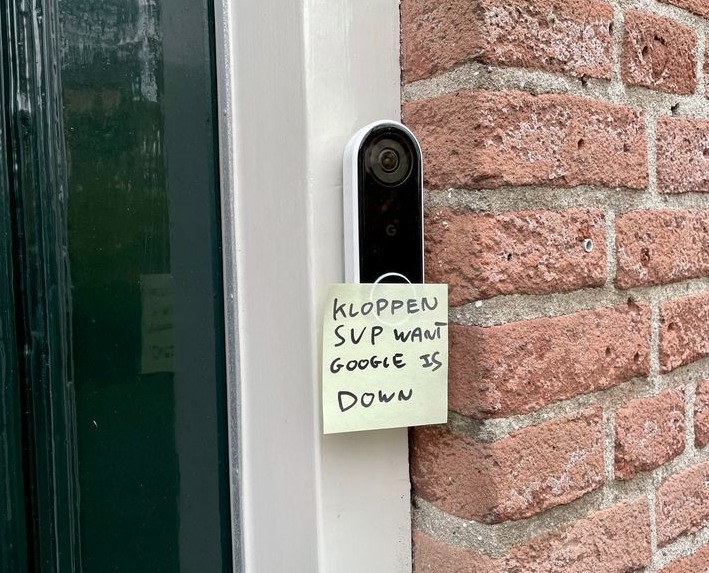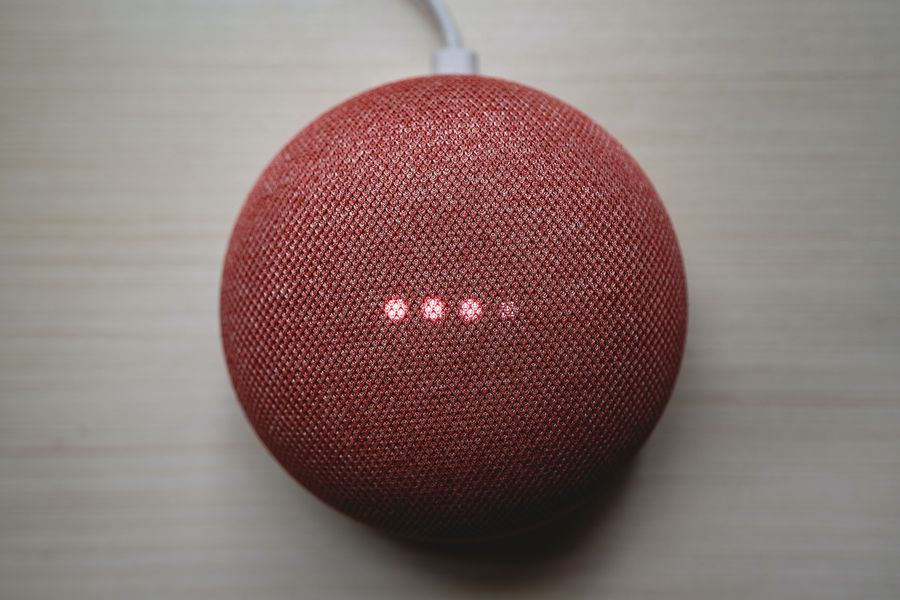With the growing popularity of smart devices, we really need to think about what happens when they fail
I have been complaining about smartwatches forever. I never understood how we decided that it is ok to recharge it every day. Yes, I understand they have plenty of features that a normal watch does not have and they need to use a reduced size battery. But I am from the time when mobile phones could hold the battery for a week. So why can’t smartwatch be the same? Considering we are using it to show our health status, we need smartwatches with better battery usage.
Some days ago, I forgot to charge my watch and I only noticed when the app said I slept only for 2h while I had a full night of sleep. The problem is that the battery died in the middle of the night. As I was at home, I could easily charge it at the moment I noticed. Also, luckily, I have a hybrid smartwatch – Garmin vívomove Style – and it is the best thing ever. It is called hybrid smartwatch because it has the features of a smartwatch while still behaving like a normal watch. And the battery is wonderful. It lasts close to 6 days with my sedentary life and takes not more than 30mins to charge (I am never paying attention but it's "fast"). The nicest thing is: The battery dies but the analog hands will still work for one more week. Not sure how or why. But it is fascinating that I can still see the time even if the watch is dead.
As you can see, I forgot to charge for nearly a week. Cool, right?
This is one of the things what make me think that we are blindly delegating everything that used to work perfectly fine to electronic smart devices that may fail us at some point. For example, a connected doorbell that locks the door when doesn’t recognize a face and is unable to recognize its owner (here), doorbells with touchscreens (here) and many others. I am not against having smart devices. I have some, including a Google Nest Hub Max in my kitchen. I am against not having redundancy for the smart devices that are being released in the last years and can directly affect our lives.

Mobile phones have a similar problem (lack of coverage) when we go to some places.
By the end of 2012, I was invited for a teambuilding and the company booked a hotel outside of Prague. It was amazing: Good food, nice people, plenty of fun. When I wanted to make a phone call, I had no signal. Look, I am not talking about internet. I am talking about regular voice call and SMS. It did not work because my operator did not have a good coverage in that area. I had a couple of redundancies if I needed: Colleagues using a different operator and the phones from the hotel in case of emergency. And that is a technology that is around for many years.
In the end, it is simple: Do not blindly trust your smart devices. They will fail you. Maybe it will be something small like battery ending while you are asleep or your smart fridge not showing the news on the display. But if you rely on that for safety or health, you must consider if you have a redundancy. Because you will not like when your smart lock opens the main door because of an old firmware. Or, maybe, your home gets freezing cold during a winter night because your smart thermostat lost Wi-Fi connection.

